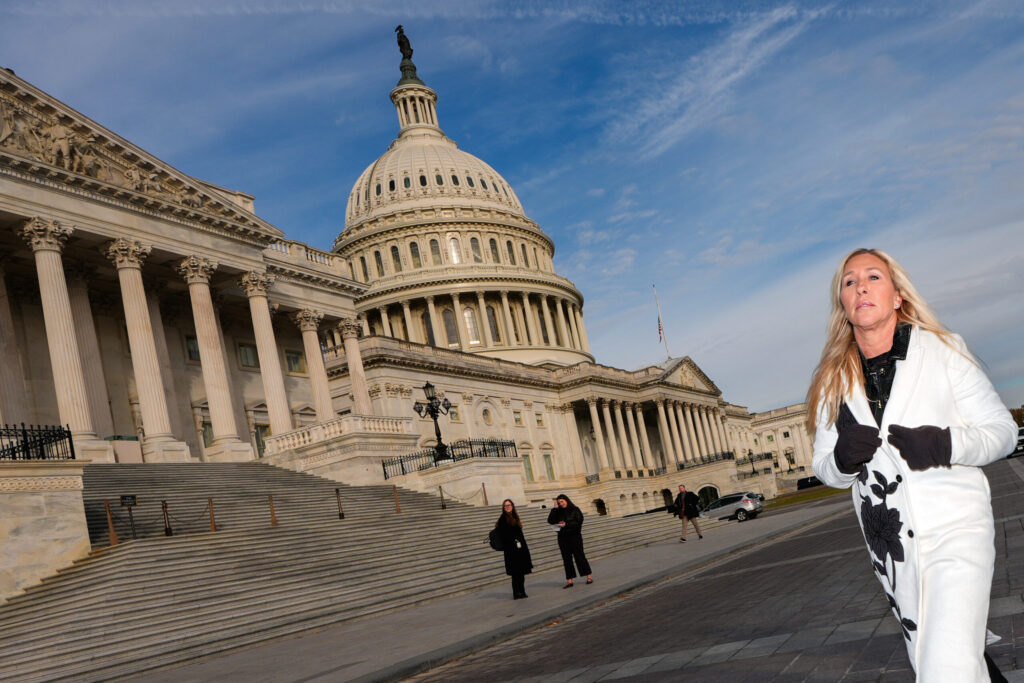Pryor: Federal court ruling favors treating all hepatitis C Medicaid patients

A new federal ruling could be a game changer for hepatitis C patients, if Medicaid officials read it and do the right thing.
Amazing new drugs can cure hepatitis C before it spreads, leads to expensive medical conditions and kills. The cures, with success rates exceeding 90 percent, save money and lives. But state Medicaid programs in Colorado and throughout the country refuse to pay for treatment until patients are very ill.
The result: needless suffering, death and expense incurred by taxpayers as Medicaid treats conditions related to decades-long viral progression.
The United States District Court for the Western District of Washington at Seattle in late May ordered the Washington State Health Care Authority to provide “coverage for prescription medications to treat Medicaid patients with hepatitis C virus without regard to liver fibrosis score.”
Fibrosis scores rate progression of liver damage, on a scale of 0-4. By the time patients reach 4, the threshold required for some Medicaid programs to cure hepatitis C, they have developed cirrhosis, which often leads to liver cancer and the need for expensive transplants. Meanwhile, taxpayers have footed the bill for Medicaid’s treatment of conditions, known as “comorbidities,” associated with the disease going uncured.
In Washington, the ruling means a new chance at life. It means Washington taxpayers will no longer incur the years-long costs of treating conditions brought on and exacerbated by hepatitis C. It means fewer will contract the disease and suffer the needless loss of loved ones.
Throughout the rest of the country, the ruling offers hope. Though not binding outside Washington, it should establish a guideline if other courts review Medicaid refusals to treat hepatitis C in a timely fashion. Long before that happens, it should change the hearts and minds of Medicaid officials and elected officials who set policies and budgets.
A study by the Center for Disease Analysis shows Colorado Medicaid could save up to $30 million by 2030 by treating patients earlier. If a private business operated with such disregard for fiscal responsibility, the board of directors would be fired.
Early treatment savings will only get better. The advent of new medicines over the past two years has lowered the price of therapy considerably. Once someone is cured, the costs of comorbidities care and the probability of liver cancer decrease.
The legal argument for the preliminary injunction against Washington follows:
– “The Ninth Circuit holds that ‘the balance of hardship favors beneficiaries of public assistance who may be forced to do without needed medical services over a state concerned with conserving scarce resources.'”
– “The WCHA argues that the injunction would double the State’s Medicaid outpatient Pharmacy budget and cause them to reduce Medicaid enrollments, benefits, or provider rates to compensate for the increased expenditure in HCV treatment…..Posed with this question, the Ninth Circuit held that when ‘[f]aced with such a conflict between financial concerns and human suffering, we have little difficulty concluding that the balance of hardships tips decidedly in plaintiffs’ favor.'”
It should not require more court rulings for Medicaid programs to save lives and make decisions in the best financial interests of taxpayers. This is common sense.
Colorado Medicaid should, without the force of an injunction, look to this ruling and reconsider its highly controversial and restrictive prior authorization requirements. It should permit patients and society to benefit from a cure. Taxpayers will save money in the short term and over many years following treatment. More importantly, it will permit very ill patients to resume full and productive lives and help stop the advance of viral hepatitis in Colorado. We agree with the justices in Washington. Saving lives is the right thing to do.














